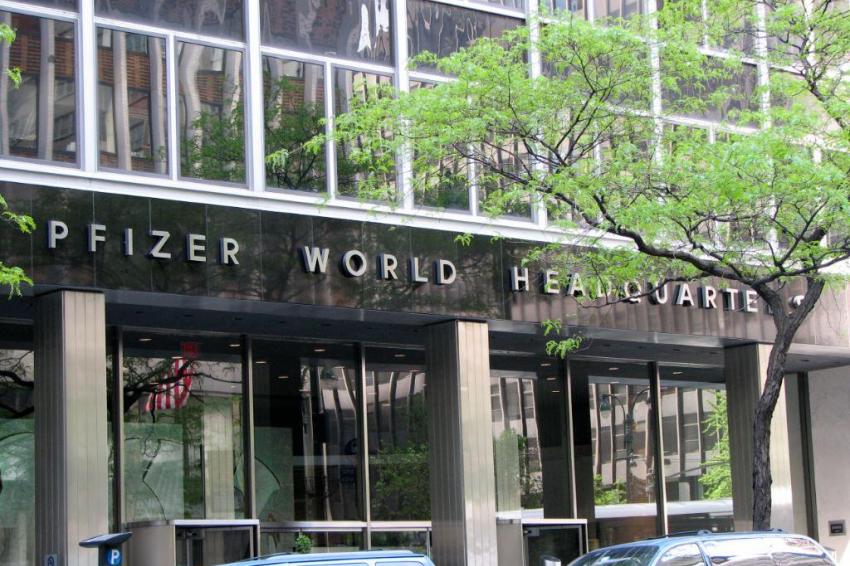Pfizer Splits into Three Businesses
16.07.2018 -
US drugmaker Pfizer is reorganizing into three separate, more specialized businesses in a move that observers say could make a sale or spinoff of its consumer healthcare unit easier.
By 2019, the company will comprise businesses for science-based innovative medicines, including biosimilars and a new hospital unit for anti-infectives and sterile injectables; off-patent branded and generic established medicines; and consumer healthcare.
“As we transition to a period post-2020 where we expect a higher and more sustained revenue growth profile we see this new structure better positioning each business to achieve its growth potential,” said Pfizer chairman and CEO, Ian Read.
Pfizer said growth fundamentals for the innovative medicines business are strong, based on an ageing population driving demand for new medicines. The group believes it is well positioned for growth as it has a robust portfolio of growing in-market products a new wave of expected launches starting in 2020 and a strong pipeline.
The established medicines business will include the majority of Pfizer’s off-patent solid oral dose legacy brands, including Lyrica, Lipitor, Norvasc and Viagra, and certain generic medicines. Pfizer said this unit will have distinct and fully dedicated manufacturing, marketing, regulatory and (with some exceptions) enabling functions that will enhance its autonomy and position it as a true stand-alone business.
Following the loss of exclusivity of Lyrica in the US in or after December 2018, Pfizer anticipates that the established medicines business will generate “sustainable modest” revenue growth. It noted that urbanization and the rise of the middle class in emerging markets, particularly in Asia, are providing additional opportunities and generating significant demand.
Pfizer said its consumer healthcare business, which will include all of its over-the-counter medicines, has a strong portfolio of global brands and continues to be well positioned for growth. It added that it continues to evaluate strategic alternatives for the division and expects to make a decision sometime this year.
The company announced last October that it was considering a sale or spinoff of consumer healthcare, which generated revenues of $3.5 billion in 2017. According to various estimates, the business could be worth in the range of $15-20 billion. However, little buyer interest has been seen since March 2018 when both Reckitt Benckiser and GlaxoSmithKline (GSK) said they were no longer interested in bidding. Johnson & Johnson and Nestlé had pulled out at an earlier stage.
Credit Suisse analyst Vamil Divan told Reuters news agency that the reorganization would allow the established medicines unit to have more autonomy. “We believe the potential for Pfizer to ultimately sell or spin the business likely remains on the table over time,” he said.
Pfizer’s reorganization came a day after it announced it would defer proposed drug price hikes following strong criticism from US President Donald Trump. The increases, which were due to be implemented on Jul. 1, have been delayed until the end of the year or until Trump’s blueprint for healthcare goes into effect, whichever comes first.





